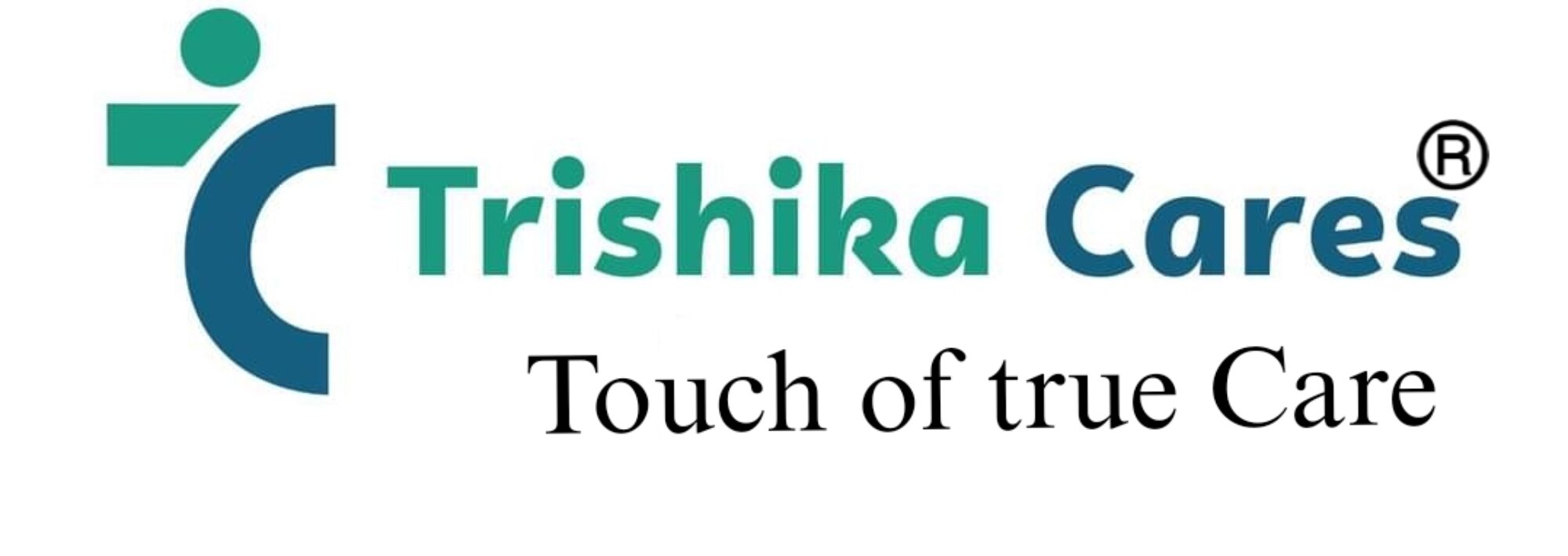Understanding Liver and Gastrointestinal Issues: Causes, Symptoms, and Treatment
BlogIntroduction
The liver and gastrointestinal (GI) tract play vital roles in maintaining overall health by processing nutrients, eliminating toxins, and supporting digestion. Unfortunately, both are vulnerable to various health issues that can significantly impact quality of life. In this blog, we will explore common liver and GI issues, their causes, symptoms, and available treatments.
The Role of the Liver and GI Tract
- Liver: The liver is responsible for detoxifying the body, producing bile for fat digestion, regulating blood sugar, and storing essential vitamins and minerals.
- GI Tract: This system, which includes the stomach, intestines, and esophagus, is responsible for digesting food, absorbing nutrients, and eliminating waste.
Common Liver Conditions
- Hepatitis:
- Inflammation of the liver caused by viruses, alcohol, or autoimmune disorders.
- Symptoms: Fatigue, jaundice (yellowing of skin), and abdominal pain.
- Treatment: Antiviral medications, lifestyle changes, or liver transplantation for severe cases.
- Cirrhosis:
- Scarring of the liver tissue due to chronic damage, often from alcohol abuse or hepatitis.
- Symptoms: Weakness, swelling in the legs, and confusion (due to toxin buildup).
- Treatment: Managing the underlying cause, avoiding alcohol, and medication to control symptoms.
- Fatty Liver Disease (Non-alcoholic and Alcoholic):
- Build-up of fat in liver cells, leading to inflammation and liver damage.
- Symptoms: Often asymptomatic, but may include fatigue and discomfort in the upper right abdomen.
- Treatment: Lifestyle modifications (diet, exercise) and managing risk factors like diabetes.
Common Gastrointestinal Issues
- Gastroesophageal Reflux Disease (GERD):
- A condition where stomach acid flows back into the esophagus, causing heartburn and irritation.
- Symptoms: Heartburn, chest pain, and difficulty swallowing.
- Treatment: Antacids, proton pump inhibitors, and dietary changes.
- Irritable Bowel Syndrome (IBS):
- A chronic condition affecting the large intestine, often triggered by stress, certain foods, or hormonal changes.
- Symptoms: Abdominal pain, bloating, gas, diarrhea, or constipation.
- Treatment: Dietary changes, fiber supplements, and managing stress levels.
- Peptic Ulcers:
- Open sores on the lining of the stomach or small intestine, commonly caused by Helicobacter pylori infection or long-term use of NSAIDs.
- Symptoms: Burning stomach pain, bloating, and nausea.
- Treatment: Antibiotics, proton pump inhibitors, and avoiding NSAIDs.
How Liver and GI Issues Are Connected
The liver and GI tract work closely together, and when one system is compromised, it can impact the other. For instance, cirrhosis of the liver can lead to portal hypertension, affecting the intestines and causing complications like varices (swollen blood vessels) in the GI tract. Similarly, issues like IBS can cause nutrient malabsorption, putting extra strain on the liver.
Risk Factors and Prevention
- Risk Factors: Poor diet, excessive alcohol consumption, smoking, sedentary lifestyle, and use of certain medications.
- Prevention: Maintaining a balanced diet, staying hydrated, avoiding excessive alcohol, regular exercise, and routine medical checkups.
When to Seek Medical Help
It’s essential to seek professional medical advice if you experience persistent symptoms like abdominal pain, jaundice, unexplained weight loss, or changes in bowel habits. Early diagnosis can prevent complications and lead to better treatment outcomes.
Conclusion
Liver and gastrointestinal issues are common, but many are preventable with lifestyle modifications and timely medical intervention. Understanding the symptoms and knowing when to seek help can go a long way in protecting your digestive and overall health.

